 Vegan, fair & sustainable shopping in The United Kingdom 4.8
Vegan, fair & sustainable shopping in The United Kingdom 4.8 



 Check out reviews
Check out reviewsX
01
Researching the brand
We carefully screen all potential sellers’ websites and their product, material, about us and mission pages, before we reach out or get back to them.
- We do this to find anything we can about where and how their collections are produced, whether they carry certain certifications or memberships (meaningful examples include being an active Fair Wear Foundation or World Fair Trade Organization (WFTO) member, a brand or its factory being Global Organic Textile Standard (GOTS) certified, and the Fairtrade and B Corporation certifications) and if anything is mentioned about their methods of auditing. (More on auditing systems below.)
- Transparency is important and we’re always on the lookout for any greenwashing.
This way we get a first impression of how ethical their businesses are. The less information they proactively share on their own website about their production process, the more rigorous we will be in scrutinising their answers to our questions.
02
Questioning the brand
If we’re interested in possibly onboarding them, we ask the brand to fill in our questionnaire regarding their production processes. These questions are based on our learnings with the data-driven verification platform discussed earlier. While we push for brands doing a lot more in regards to working conditions – at the very least, they need to meet two requirements. If they fail to meet either one, they will definitely not onboard onto our platform:
- Offer their makers a minimum wage at the very least (preferably a living wage, but as explained earlier it’s often proven impossible to measure this). The brand needs to deliver a satisfactory answer on how they verify that this is actually the case.
- Offer a physically and socially safe working environment. The brand needs to deliver a satisfactory answer on how they verify that this is actually guaranteed.
03
Meeting the brand
We continue by meeting the brand via a video call to discuss their operation further and get familiar with their production process. Our expectations and conditions vary depending on the size of the brand we’re talking to.
- Smaller brands generally have a short supply chain consisting of only a few suppliers, allowing them to have close relationships with all of their production partners and be involved every step of the way. We’ll meet with the brands’ founders to learn about their search for a supplier and whether we hold the same standards in terms of ethical production. Smaller brands usually work with small producers, often family practises, that have been in the business for many generations. These types of workshops rarely hold certificates, as these are expensive and have no extra value to them: personal and professional relationships built on trust are more important here. We ask that these brands visit their producers once to several visits per year to make sure the workshops are still upholding their ethical standards.
- For larger brands with more complex and less transparent supply chains, we prefer to only partner up with those that either hold an active Fair Wear Foundation or WFTO membership, that are GOTS certified themselves or solely produce in GOTS certified factories. A combination of these memberships and certifications has our preference.
- Occasionally we get in touch with a brand that holds none of these, but for some reason we do like, feels like a potential ethical match and mentions auditing systems like BSCI or SMETA. In this case, we will thoroughly question them about their factories, working conditions and how they take accountability to make sure everyone involved is treated ethically. We then also request their audit ratings. Only if they received very high ratings for their most recent audit, we feel 100% comfortable with their methods and we can trust that they hold the same standards as we do, will we onboard them as a seller. Most often, however, it does not come to this and we stick to our shortlist of memberships and certifications.
04
Onboarding the brand
Based on the answers to the questionnaire and our meeting with the brand about their ethical standards, workers and supply chain, we determine for our fair criterion whether we are an ethical match or not (mind you: this is just one of our 5 main values). Only if we are truly confident about a brand and their methods, we will onboard them onto our platform.
We give a damn about our fellow people. We’re committed to bringing you fashion, cosmetics and home essentials that are made by decently paid people who work under fair and safe conditions.
Last edited: August 2022
This is one of our 5 main values. We're also:
We believe in a fashion industry that values people over profit. Meaning: rather than minimum wages, living wages. Physical and social safety and healthy circumstances. Legal and freely chosen employment contracts with reasonable work hours and employee benefits, like pensions, insurance and daycare. The means for workers’ children to get a proper education. No child labour exploitation. Gender equality and no social discrimination. Freedom of association. You know – the basics. And lastly: we need transparency throughout the entire supply chain to be able to objectively audit and measure how fair a brand actually operates.
We do the research so you don’t have to
This all sounds fair enough, although unfortunately it isn’t as straightforward as you might think. Here’s what (un)fair fashion actually is, in what ways the fashion industry is so unethical and why it’s so important that we change the system. The good news is: there are a lot of credible ethical brands out there! The bad news is (for us, you and them): it is really hard to prove with a 100% certainty that they are. But we are here to help.
index
1.
Perfect brands do not exist. Brands doing everything in their power to come very close, do.
2.
A curated collection of the most ethical brands we could find
3.
How do we make sure our collection is fair?
Combining actual research with substantiated gut feelings
Pivoting from a search for perfection…
We wanted to do good, but needed to do better
The birth of our documentary: letting our disbelief and frustrations be our guide on this journey
…to the next best thing: credibility
Why is making decisions based on transparency and certifications alone not enough?
4.
Our verification process
5.
Read our articles about (un)fair fashion
index
Perfect brands do not exist. Brands doing everything in their power to come very close, do.
A curated collection of the most ethical brands we could find
How do we make sure our collection is fair?
Our verification process
Read our articles about (un)fair fashion
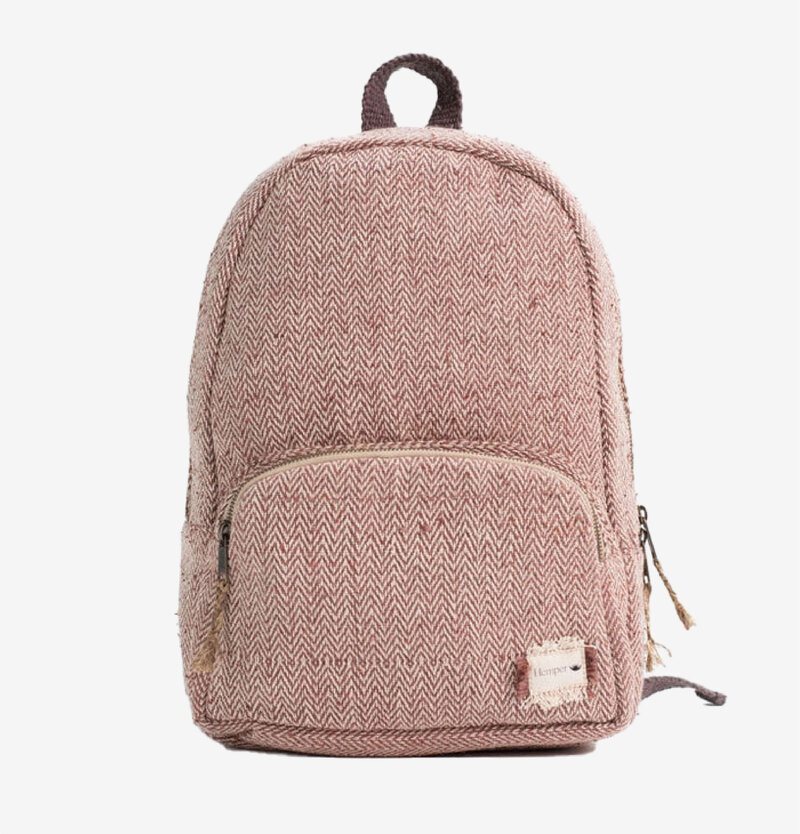
Perfect brands do not exist. Brands doing everything in their power to come very close, do.
Throughout the years our team has spent diving deep into research on fashion and cosmetics supply chains, we learned that these industries are truly complex and many of these social issues are not so black-and-white.
We are not, the industry is not yet where we need it to be. The world is far from perfect, and not even our platform or the brands you’ll find on here claim to be either. (Actually: any fashion brand boldly arguing they are, is probably either not being entirely truthful or has a long road ahead learning about the complexities of the fashion industry and analysing the role they play in it.) More on this below.

A curated collection of the most ethical brands we could find
We are doing our very best – using all the information available, our knowledge and experience in research as well as listening to our guts – to ensure that the brands we offer are honest, credible and fair. Ensuring not (yet) perfection, but real progress. Progress that is actually improving the lives of the people who are making our clothes.
In our online department store we curate a collection of the most ethical brands we could find. We’ve partnered up with loads of mission-aligned sellers that, like us, are dedicated to creating positive change in the lives of the people who make our clothes and other goods.
Together we’re making compassion and sustainability the new normal – one ethically handmade, recycled silver necklace, elegant cork handbag or sleek Tencel/hemp dress made by a Fair Wear Foundation member at a time.

How do we make sure our collection is fair?
Combining actual research with substantiated gut feelings
Our team of seller managers has years of experience in vetting thousands of fashion and cosmetics brands. We check and scrutinise thoroughly, we listen to our guts and we are committed to act on new insights to keep our existing collection as ethical as it’s intended to be. Meaning: we will offboard any seller that no longer lives up to our continuously deepening ethical standards or matches emerging sustainability issues.
Before onboarding any new seller, we’ve got to be really sure about them, and know that we’ll be able to sleep well that night knowing that we’re offering them a platform to hundreds of thousands of conscious consumers looking for an ethical find. We’ll search for more input until we’re confident that we are an ethical match. When we’re still in any doubt, a potential seller and their collection don’t make it to our platform. (Most of the brands we talk to, actually don't.)
Pivoting from a search for perfection…
We’ve got to tell you though: unlike checking whether a product is vegan (ultimately a simple yes or no question), finding out whether a brand is fair is no exact science. The fashion and cosmetics industries are extremely complex and intransparent ones. There’s a lot of deliberate greenwashing and bullshitting, but also a lot of actual not-knowing. Unfortunately the question of what fair pay or working conditions are in practice, hardly ever proves to be a black-or-white matter.
We as a company and as individuals are always unlearning and learning. By talking to sustainable fashion experts, reading books, watching documentaries, joining seminars and panel talks and connecting with mission-aligned fair fashion activists, we’re deepening our knowledge and broadening our horizons. Because the thing is: the more you learn about these industries, the more you become aware of how little you actually know. Since we first launched our platform in mid 2018, we have continuously been upgrading our ethical framework that lies at the foundation of it all.
Our ethical framework of 31 criteria
By autumn 2020, we had the perfect picture in our heads and knew exactly which 31 criteria the brands we wanted to partner up with, needed to meet. Divided over the five main values veganism, fairness, sustainability, inclusivity and social entrepreneurship, we finally had a solid plan of how to measure how ethically and sustainably a brand was running their business. And for the first time, we had clearly listed in what ways they should be able to prove the fair treatment of and pay for their workers. It sounded reasonable and pretty straightforward: living wages, physical and social safety, legal and freely chosen employment contracts with reasonable work hours and employee benefits, no child labour exploitation, gender equality and no social discrimination, freedom of association, you know – the basics. Ultimately our two most important fair criteria every brand should meet at the absolute least: providing living wages, and physically safe and healthy working conditions.
Finally a data-driven approach
We started working together with an impressive new name in the tech business: a data-driven, objective sustainable verification platform to gather and measure actual proof, so we could verify whether brands’ fair claims were true. But after arriving at a crossroads early to mid 2021, where in six months’ time we dared to onboard exactly 0 new brands, we knew we were stuck. Mind you: at this point, we had tested over a 100 seemingly ethical brands we really had faith in.
When the data wasn’t there
Mind-boggling, heartbreaking fact: there was no quantifiable way to verify with complete certainty whether a brand matched our ethical framework. Specifically, whether a specific salary for a factory worker was indeed a living wage in that specific region of a country, taking the cost of living for a worker’s possible family into account. Our principles were set higher than the industry was able to provide in terms of data and measurable proof, and the level of detailed investigation we felt we needed to go to, wasn’t possible. Damn.
But this doesn’t mean that there were no living wages being paid per se, just that there was no way to prove that the incomes were indeed above minimum and actually enough for a worker to meet their basic needs.
Long story short, we had to pivot our focus to something else: credibility. More on that after we tell you about our documentary.
The birth of our documentary: letting our disbelief and frustrations be our guide on this journey
Unable to simply accept these limitations as a fact, we knew we needed to do more. We needed an even larger scope than our online department store, getting more knowledgeable people involved, more eyeballs and getting more people riled up about all the ongoing injustice – to make a radical positive change.
In order to do that and reach the masses, we wanted to capture and broadcast our journey of how our approach of demanding proven transparency and ethics had come to a crashing halt. And together with the leading industry experts not only find a viable and realistic solution to stop the abundant abuse that is not the exception but the rule in the fashion industry, but also figure out how the consumer can help the industry to get there. Sending a message of hope, not of doom and gloom.
After two years of preparation, we started filming our documentary in the spring of 2022, which will become some years’ long project. In this documentary, Shop Like You Give a Damn co-founders Stephan and Kim embark on their journey with some big names in sustainable fashion activism: industry and opinion leaders amongst whom journalist Sophie Benson, writer Aja Barber, Fashion Revolution co-founder Orsola de Castro, PETA’s Sascha Camilli and Compare Ethics co-founder Toyin James Omisakin.
We can’t tell you any more about this project at this stage, but soon we will publish the official trailer. In the meantime, here’s some first, unedited screengrabs, fresh from the director’s screen:






The official trailer will soon replace these screengrabs.
…to the next best thing: credibility
So... after all that, we had to come to terms with the fact that complete perfection in both ethics and sustainability doesn’t exist. And we went to search for credibility instead. We’ve learned to sometimes welcome roadmaps and pledges based on truthful, SMART set goals. And to open our hearts to accepting any progress no matter how little – as long as it’s coming from a pure place and actually making a difference.
After talking to and assessing thousands of brands, we have developed a strong sense of what is fair in this day and age, and what is not: which people are in it to change the world and which brands are just greenwashing, solely in it for the money. Know that our bullshit radar is always on.
Why is making decisions based on transparency and certifications alone not enough?
Of course we always take this information into account too, it’s the start of any research. But certifications and transparency aren’t everything. They help paint a picture and do provide (sometimes valuable) information about certain aspects of a brand’s policies, sustainability and production processes, but they definitely don’t give a full record of how ethical or sustainable a brand is.
- For instance: transparency isn't about which brands do it best, but about who releases the most data. A high transparency score does not translate into actual sustainable or ethical production – for most brands it is simply one step on their journey towards making their businesses more responsible. However: for smaller brands, sometimes certain information (like what factory they work with) isn't disclosed because it’s commercially sensitive information they don't want to hand over to the competition. So withholding this information can be, but is not a red flag per se.
- And certifications? On one hand, most don’t mean all that. The standards for most certifications are pretty low, very selective or: reliable, objective audits aren’t involved. So based on most certifications, we’re not easily persuaded into thinking a brand is ethical. On the other hand: it’s not per se meaningful if a brand doesn’t have a particular certification either. Certifications can be quite expensive and a time-consuming project to keep up with, making it unfeasible for the smaller ethical brands we’re offering a platform to, to attain one. Or: they don’t go for a certain certification because they deem its standards too low, whereas less ethical companies can easily find loopholes in the requirements for being certified and obtain a label while not actually operating ethically or sustainably. Finally, there’s brands selling clothes that are certified as fair and sustainable whilst still contributing to animal exploitation by using materials such as leather, silk or wool. And that we don’t consider to be fair either.
How we verify
Read more about (un)fair fashion
10 May 2022
What is fair fashion and why is it so important?
13 May 2021
Ethical & Sustainable Certifications, Explained
07 Jan 2021
Is Child Labour Always a Bad Thing?
28 Sep 2021
How ethical and sustainable are your cosmetics?
20 Oct 2021
Mica: not all that glitters is gold
.jpg)
 T-Shirts & Tops
T-Shirts & Tops  Shirts & blouses
Shirts & blouses 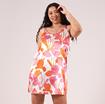 Dresses
Dresses  Skirts
Skirts 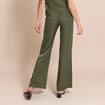 Pants
Pants 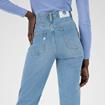 Jeans
Jeans  Knitted sweaters & cardigans
Knitted sweaters & cardigans 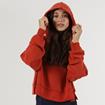 Hoodies & sweatshirts
Hoodies & sweatshirts 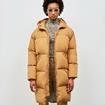 Coats & jackets
Coats & jackets  Suits & co-ord sets
Suits & co-ord sets 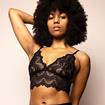 Lingerie & underwear
Lingerie & underwear 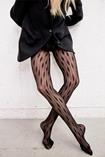 Legwear
Legwear 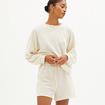 Lounge & nightwear
Lounge & nightwear  Sportswear
Sportswear 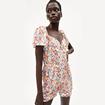 Jumpsuits & dungarees
Jumpsuits & dungarees 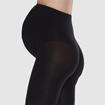 Maternity Clothing
Maternity Clothing 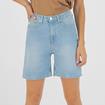 Shorts
Shorts .jpg) Swimwear
Swimwear 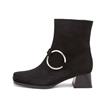
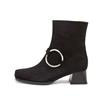 Boots
Boots 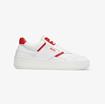 Sneakers
Sneakers 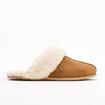 Slippers
Slippers 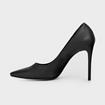 Heels
Heels 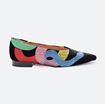 Loafers & flats
Loafers & flats 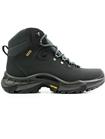 Hiking & sports shoes
Hiking & sports shoes 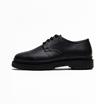 Lace-up shoes
Lace-up shoes 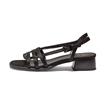 Sandals
Sandals  Shoe care & accessories
Shoe care & accessories 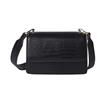
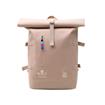 Backpacks
Backpacks 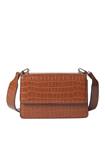 Crossbody bags
Crossbody bags 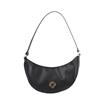 Handbags
Handbags 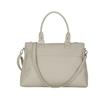 Shoulder bags
Shoulder bags 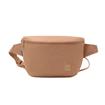 Bum & belt bags
Bum & belt bags 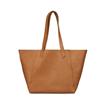 Shoppers & Totes
Shoppers & Totes 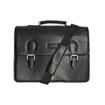 Laptop bags
Laptop bags 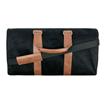 Travel bags & sports bags
Travel bags & sports bags 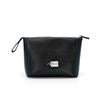 Clutches
Clutches  Toiletry Bags
Toiletry Bags 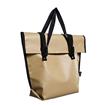 Cycle bags
Cycle bags 
.jpg) Hats
Hats 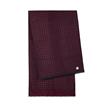 Scarves
Scarves 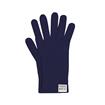 Gloves
Gloves 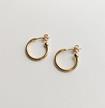 Jewelry
Jewelry 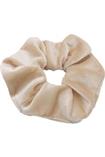 Hair accessories
Hair accessories 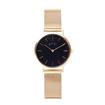 Watches
Watches 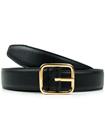 Belts
Belts 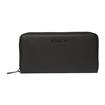 Wallets
Wallets  Sunglasses
Sunglasses 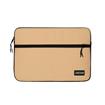 Laptop sleeves & phone cases
Laptop sleeves & phone cases 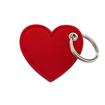 Key rings
Key rings 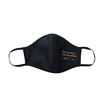 Face masks
Face masks 
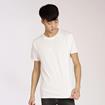 T-Shirts & Polo's
T-Shirts & Polo's 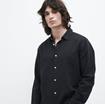 Shirts
Shirts 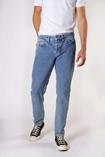 Jeans
Jeans 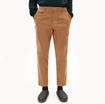 Pants
Pants 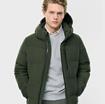 Coats & jackets
Coats & jackets  Knitted sweaters & cardigans
Knitted sweaters & cardigans 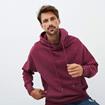 Hoodies & sweatshirts
Hoodies & sweatshirts 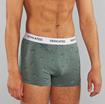 Underwear
Underwear 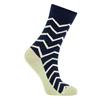 Socks
Socks  Sportswear
Sportswear 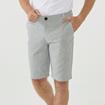 Shorts
Shorts 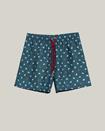 Swimwear
Swimwear 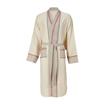 Lounge & nightwear
Lounge & nightwear 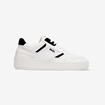 Sneakers
Sneakers 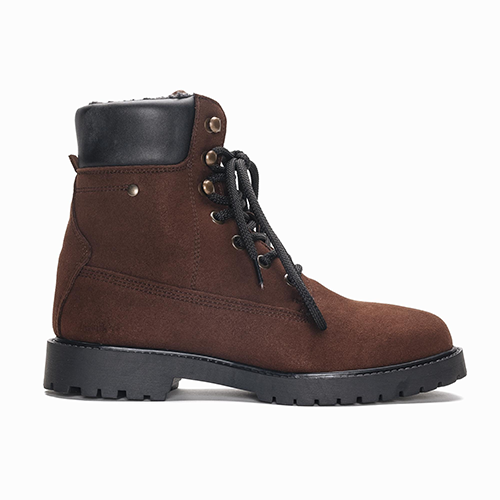 Boots
Boots 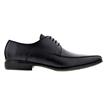 Dress shoes
Dress shoes 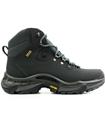 Hiking & Sports Shoes
Hiking & Sports Shoes 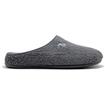 Slippers
Slippers 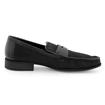 Loafers & mocassins
Loafers & mocassins 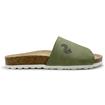 Flip flops & sandals
Flip flops & sandals 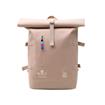
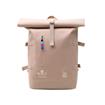 Backpacks
Backpacks 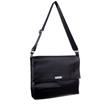 Shoulder bags
Shoulder bags 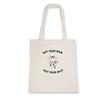 Cotton bags
Cotton bags 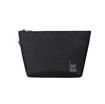 Toiletry bags
Toiletry bags 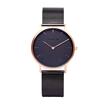
.jpg) Hats & beanies
Hats & beanies 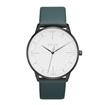 Watches
Watches 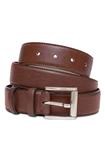 Belts
Belts 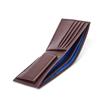 Wallets
Wallets  Ties & bow ties
Ties & bow ties  Sunglasses
Sunglasses 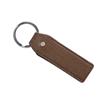 Key rings
Key rings 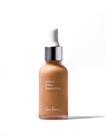
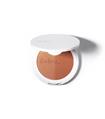 Bronzer
Bronzer 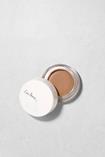 Concealer
Concealer 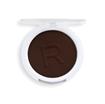 Powder
Powder 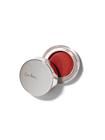 Blush
Blush 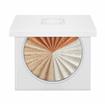 Highlighter
Highlighter 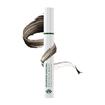
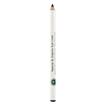 Eyeliner & eye pencil
Eyeliner & eye pencil 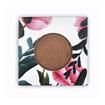 Eyeshadow
Eyeshadow 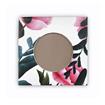
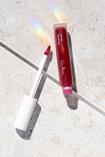
 Lipstick
Lipstick 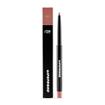 Lip liner
Lip liner 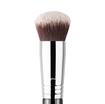

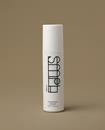 Face cleanser
Face cleanser 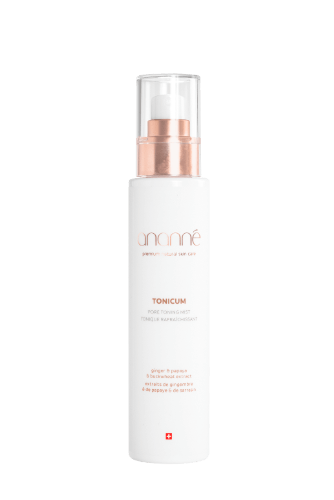 Toner
Toner 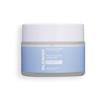 Exfoliants
Exfoliants 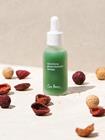 Serum
Serum 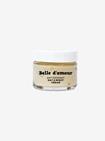 Moisturiser
Moisturiser 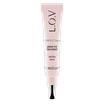 Eye cream
Eye cream  Face masks
Face masks 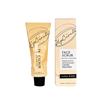 Face scrub
Face scrub  Lip balm
Lip balm 
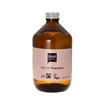 Shampoo
Shampoo 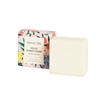 Conditioner
Conditioner 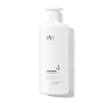 Hair care
Hair care 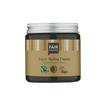 Hair styling
Hair styling 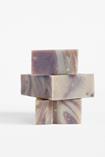
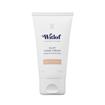 Hands & feet
Hands & feet 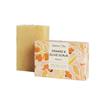 Shower
Shower 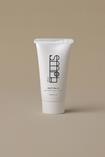 Body lotions, butters & oils
Body lotions, butters & oils 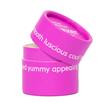 Deodorant
Deodorant 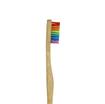 Oral care
Oral care 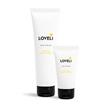
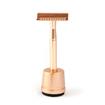

.jpg) Candles & fragrance sticks
Candles & fragrance sticks .jpg) Vases & planters
Vases & planters  Lighting
Lighting .jpg) Cushions
Cushions  Other home decor
Other home decor .jpg) Furniture
Furniture 
 Tableware
Tableware .jpg) Kitchen tools
Kitchen tools .jpg) Storage jars
Storage jars 
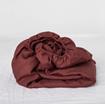 Bed sheets
Bed sheets  Duvet covers
Duvet covers 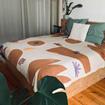 Throws & blankets
Throws & blankets 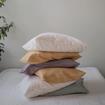 Pillow covers
Pillow covers 
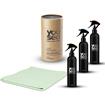 Cleaning
Cleaning 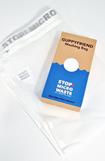 Laundry bags
Laundry bags .jpg)
.jpg)
.jpg) (Reusable) Notebooks
(Reusable) Notebooks 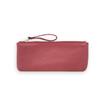 Pencil cases
Pencil cases .jpg)

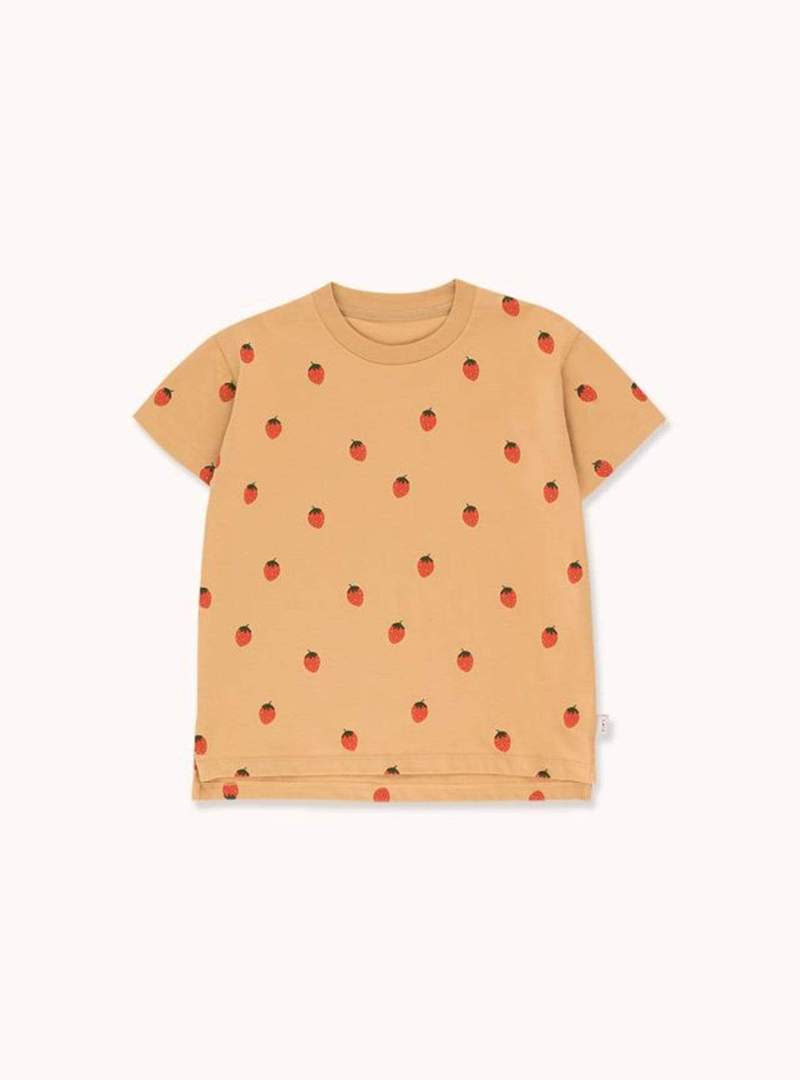 Clothing
Clothing 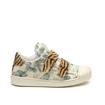 Shoes
Shoes 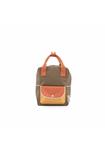 Bags
Bags 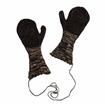 Accessories
Accessories 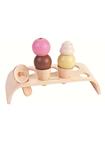 Toys
Toys 
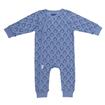 Clothing
Clothing 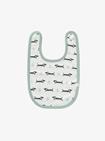 Accessories
Accessories 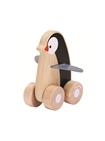 Toys
Toys